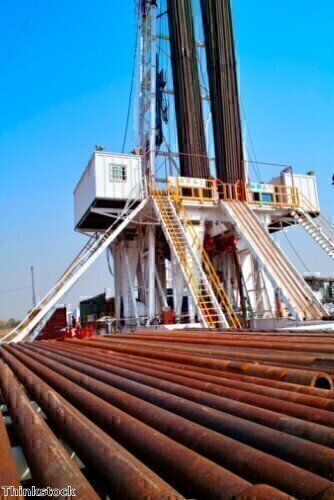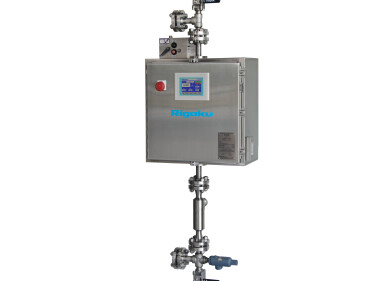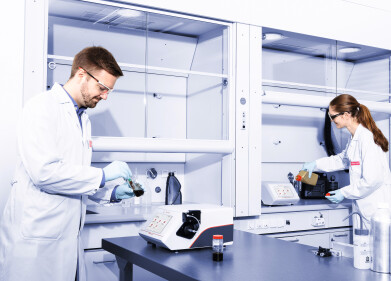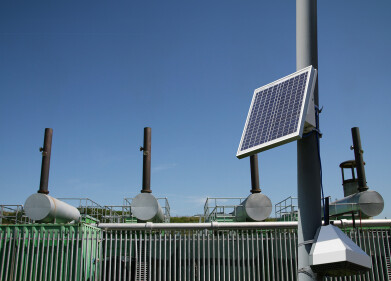-
 Fracking for natural gas can cause methane leaks, but these could be less pronounced than people think
Fracking for natural gas can cause methane leaks, but these could be less pronounced than people think
Measurement and Testing
Fracking could release less methane than previously thought
Oct 03 2013
The process of hydraulic fracturing (fracking) for natural gas could release less methane than estimated by the US Environmental Protection Agency (EPA) and than previous studies showed, according to new research. A new study, performed by researchers at the University of Texas, suggests that methane leakage from natural gas wells could be much less than previously thought.
Methane in its uncombusted form is 25 times more damaging than carbon dioxide when released into the atmosphere, as such it is considered to be a factor in the increasing impact that climate change is having upon the planet. It is also one of the main components of natural gas and has been found to leak at points during extraction, storage and transportation.
However, a new study is now suggesting that previous estimates for just how much methane leaks during fracking may not be completely representative of the industry as a whole. The study found that fracking sites that had installed emissions control equipment had reduced the amount of methane leaks by around 97 per cent.
Flowback operations, which the EPA estimated to be the biggest cause of methane leaks, averaged around 1.7 megagrams per operation included in the research. The EPA estimates had previously stated that the average release of methane from a flowback operation was 81 megagrams, a huge difference compared to the sites that install equipment to limit leaks.
A total of 190 newly developed fracking sites were included in the study, which was performed in 2012. This included 27 flowback operations and 490 natural gas wells, many of which had either installed equipment to combust or capture methane.
The research suggests that in order to reduce methane emissions from fracking sites, which is one of the biggest arguments against the introduction of more fracking operations, operators should be required to install more comprehensive equipment to reduce the amount of uncombusted methane that is released into the atmosphere.
Digital Edition
PIN 25.5 Oct/Nov 2024
November 2024
Analytical Instrumentation - Picturing Viscosity – How Can a Viscometer or a Rheometer Benefit You? - Sustainable Grease Formulations: Evaluating Key Performance Parameters and Testing Method...
View all digital editions
Events
Dec 03 2024 Dusseldorf, Germany
Dec 08 2024 Anaheim, CA, USA
Turkey & Black Sea Oil and Gas
Dec 11 2024 Istanbul, Turkey
Dec 19 2024 Aurangabad, India
Jan 20 2025 San Diego, CA, USA


















